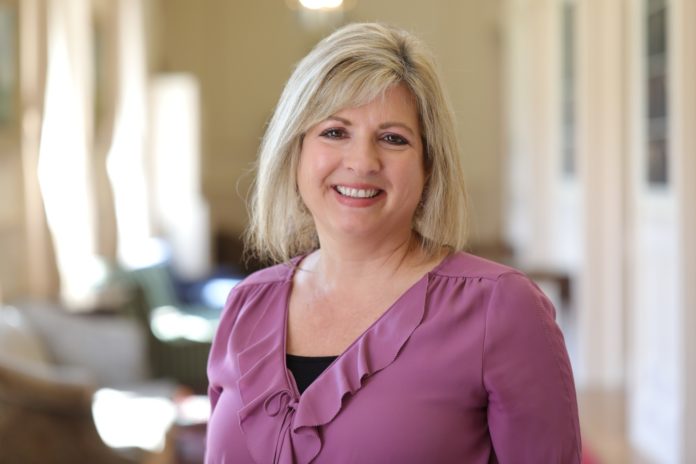By Phoebe Alwine | Reporter
Researchers from Baylor University developed a mobile application for patients in Bengaluru, India that helps to educate people on Diabetes. The “Healthy Diabetes India App” is led by Dr. Shelby Garner, associate professor at Baylor University’s Louise School of Nursing.
This month, Garner and two colleagues are heading to India to test the app on 400 individuals from urban slums and rural communities. After initial testing, Garner said she plans to implement the app into kiosks around the BBH later this month.
Garner said a grant was awarded to Professor Julia Hitchcoch, the team’s creative director and art professor at Baylor University, for a prototype kiosk that will be created this month.
Dr. Koch said the development of the “Healthy Diabetes India App” will allow communities to learn more about Diabetes and how it can be combated, ultimately educating more people.
In 2018, the team was awarded the “US India Education Foundation (USIEF) 21st Century Knowledge Initiative Grant” to develop the app and bring medical awareness to rural areas and urban slums.
Garner said the app was inspired by previous studies she and a team of researchers from Baylor University and the Bangalore Baptist Hospital had been testing. Garner and the team created an app to educate rural communities in India about Hypertension, which means high blood pressure.
After realizing the lack of knowledge and misinformation on medical issues in certain parts of India, Garner and her team used those findings to apply for the USIEF grant to develop the Healthy Diabetes India App.
The team of researchers found that most of the communities had access to mobile devices, yet struggled to find knowledge on health resources.
“Most videos about Diabetes are made in the West, where we have a totally different diet and lifestyle,” Garner said. “People in India have a hard time relating to these resources.”
The team worked to design the app to include all kinds of people in India. Garner said the team was passionate about helping vulnerable communities where healthcare is limited and education is sparse.
Dr. Hope Koch, associate professor in management systems at Baylor University, said that many app developers forget about vulnerable populations like those in India.
“What is unique is that we are targeting this app towards a population that many may forget. We are trying to help people who are illiterate, with few resources,” Koch said. “Many apps are targeted towards people who can pay or subscribe, ours is for social good.”
Garner and her team worked with a major animation company in India called Greengold Animation, to make high-quality 3D animated videos fixed into the app to educate people about Diabetes.
“The video features people in Indian clothing from all types of Indian cultures, and uses examples of their food when teaching about healthy choices,” Garner said. “The app contains a screen touch pre and post test to help us determine if people learned the information. It uses audio features and pictures so that it can be used by those with low or no reading capabilities and is available in three common Indian languages.”
Garner said it also incorporates games after each two minutes of videos, helping to engage the users and keep their attention. At the end, it shows the individual which questions they missed, and offers particular demonstration so they can review any missed content.






